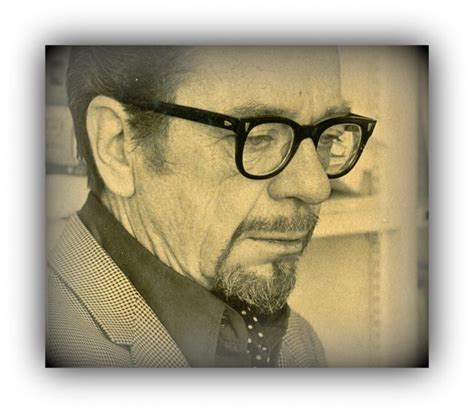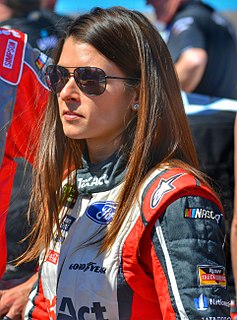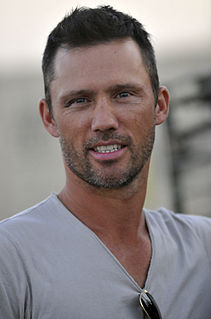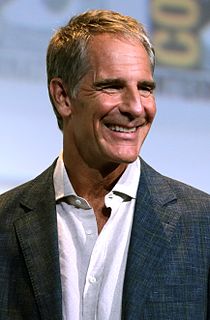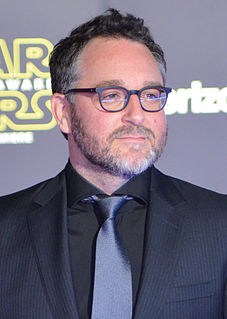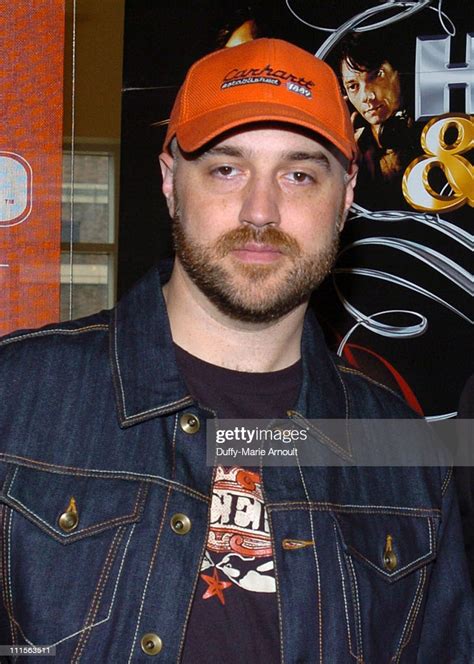A Quote by Robert Wilson
Related Quotes
All directors are different. Certainly, the directors that I respond to the most are guys that figure it out by doing it, not by thinking or studying. Also, the kind of actor that I think I am - I learned about theater doing theater, not studying theater. I think that traditional school can be great, but also it can stifle original thought.
Drive-Bys want you to think that Donald Trump doesn't have a mind of his own. He's either doing what Steve Bannon tells him to do or he's either doing what Jared Kushner tells him to do or he's then doing what Gary Cohn tells him to do, and then sometimes he might do what Ivanka Trump tells him to do. They want you to believe he doesn't have a mind of his own, that he actually believes the last thing somebody tells him. I don't think that's how it happened.
I think film is a world of directors. Theater is a world of actors. Or, theater is for actors as cinema is for directors. I started in theater. Filming is as complete as directing film. In theater, you are there, you have a character, you have a play, you have a light, you have a set, you have an audience, and you're in control, and every night is different depending on you and the relationship with the other actors. It's as simple as that. So, you are given all the tools.
Printed prose is historically a most peculiar, almost an aberrant way of telling stories, and by far the most inherently anesthetic: It is the only medium of art I can think of which appeals directly to none of our five senses. The oral and folk tradition in narrative made use of verse or live-voice dynamics, embellished by gesture and expression--a kind of rudimentary theater--as do the best raconteurs of all times. Commonly there was musical accompaniment as well: a kind of one-man theater-of-mixed-means.




